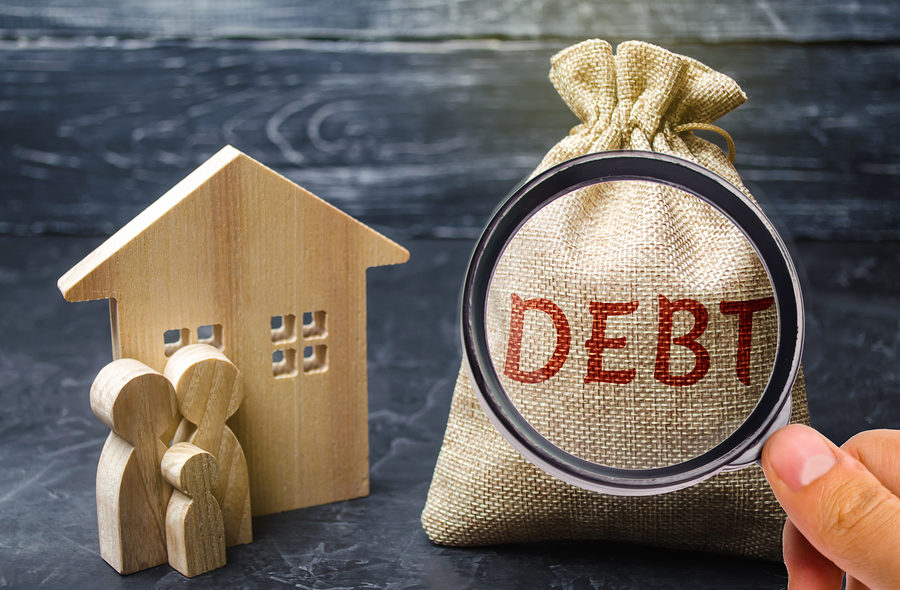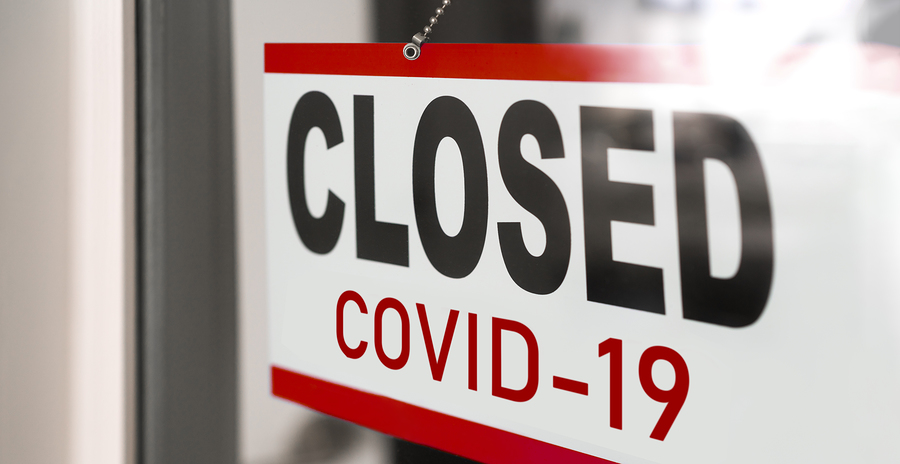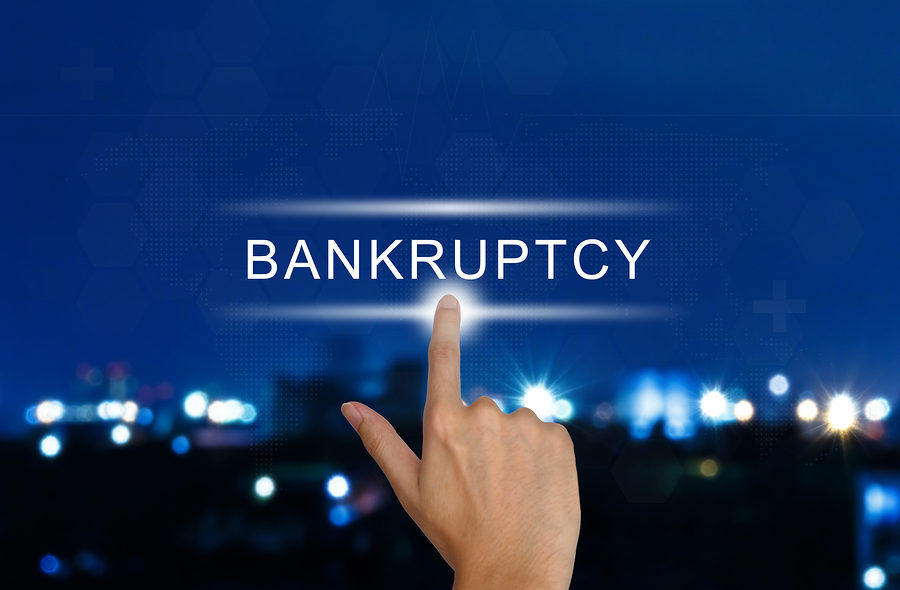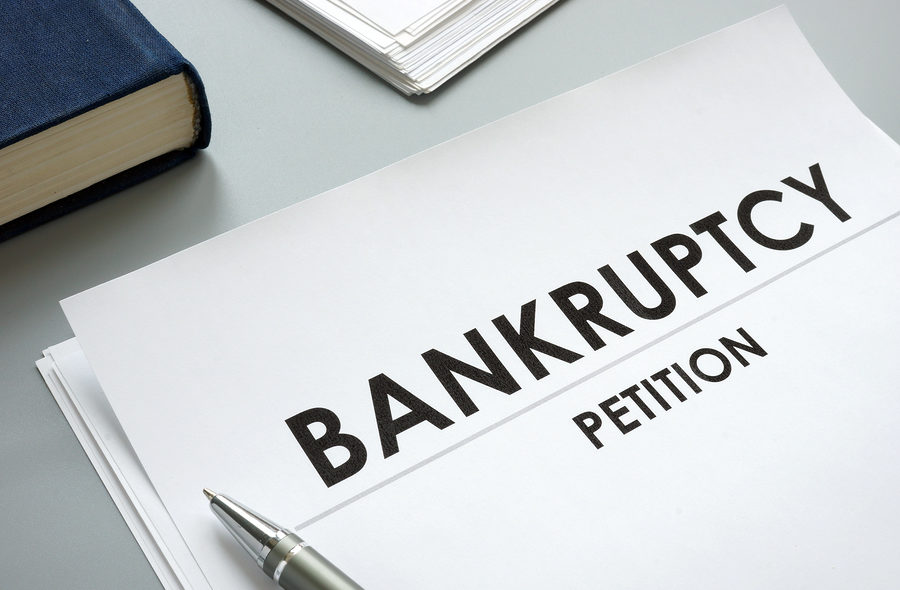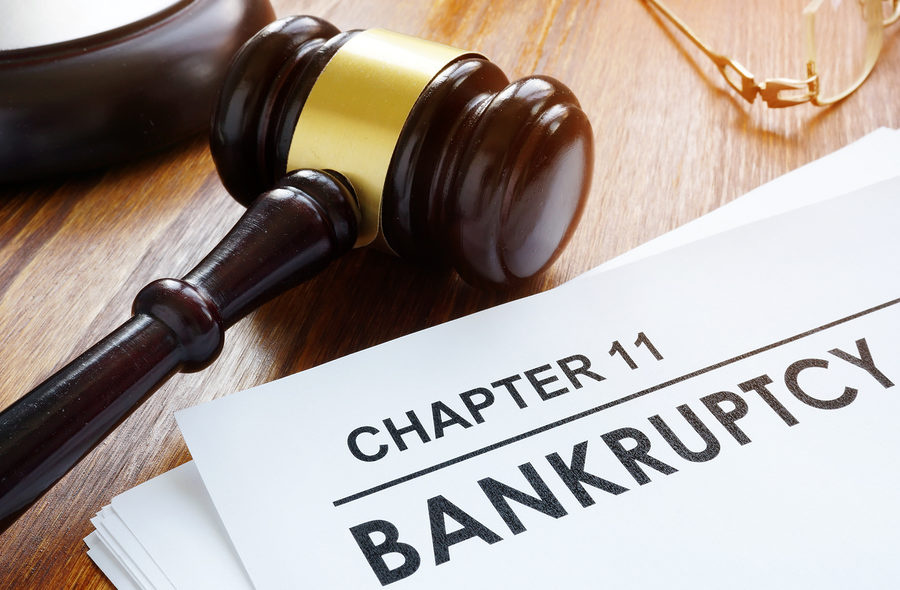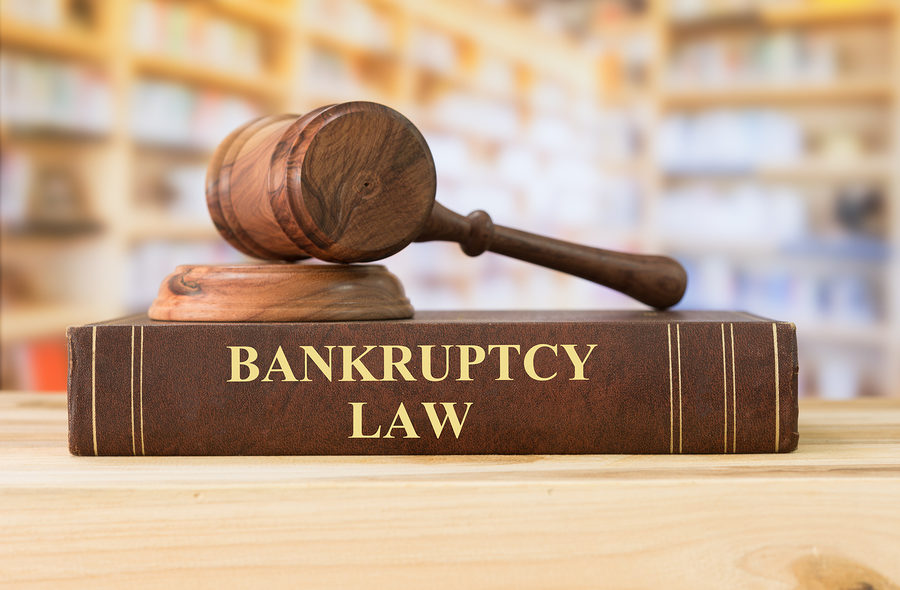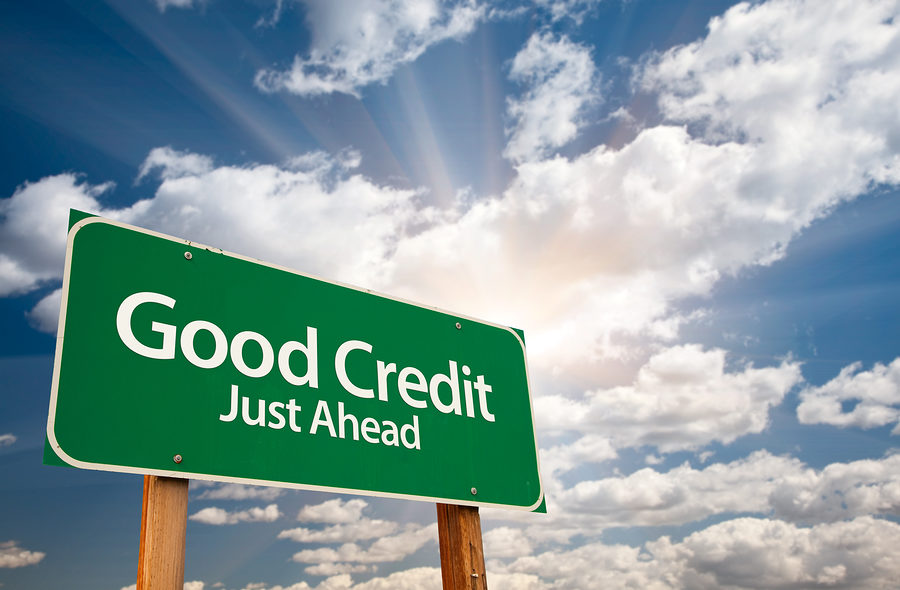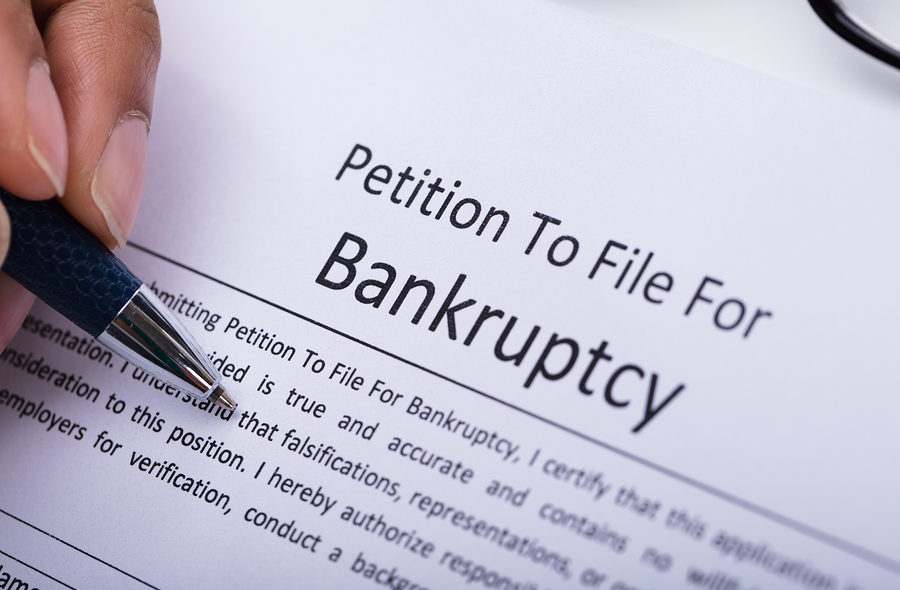Many people view bankruptcy as this great unknown and truly do not understand the process before filing. However, it helps to understand what is involved when filing for bankruptcy and what to expect during the process.
What Is Bankruptcy?
Bankruptcy is a legal proceeding that basically provides the filer a fresh financial start. While it does involve putting the filer’s financial situation in the hands of the bankruptcy court and bankruptcy trustee, it can give the person a chance to breathe and get back on his or her feet. Bankruptcy will put all collection proceedings and foreclosure cases at a stop through the automatic stay and will also stop creditors from continuing to contact the consumer.

